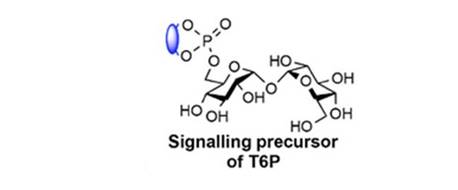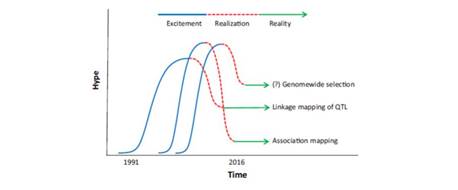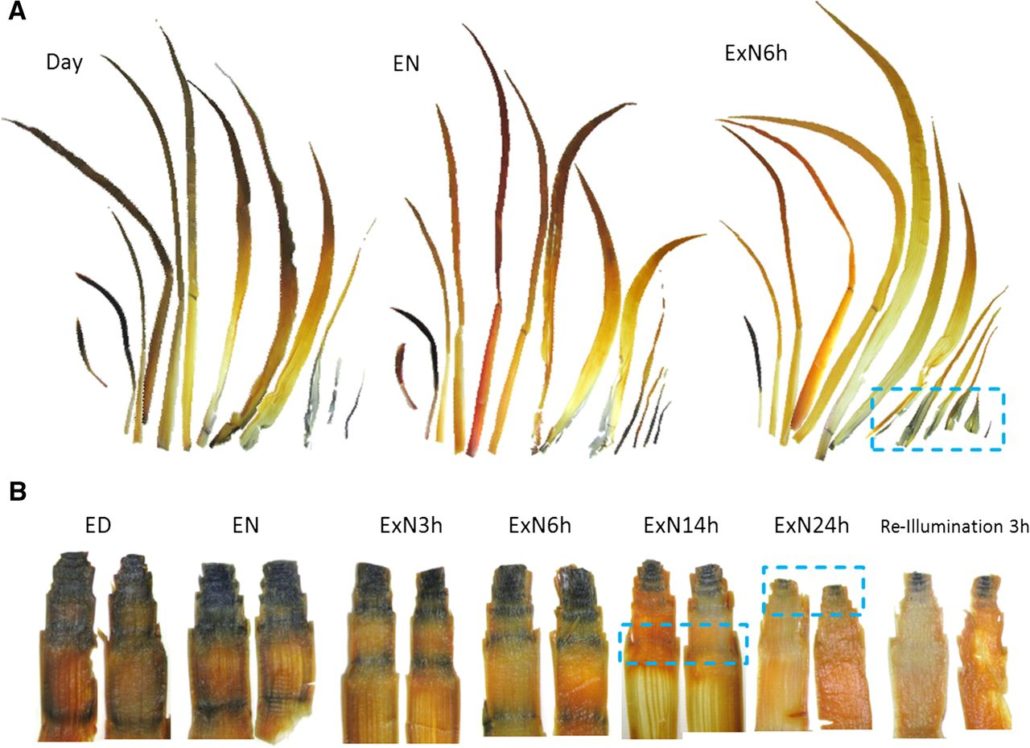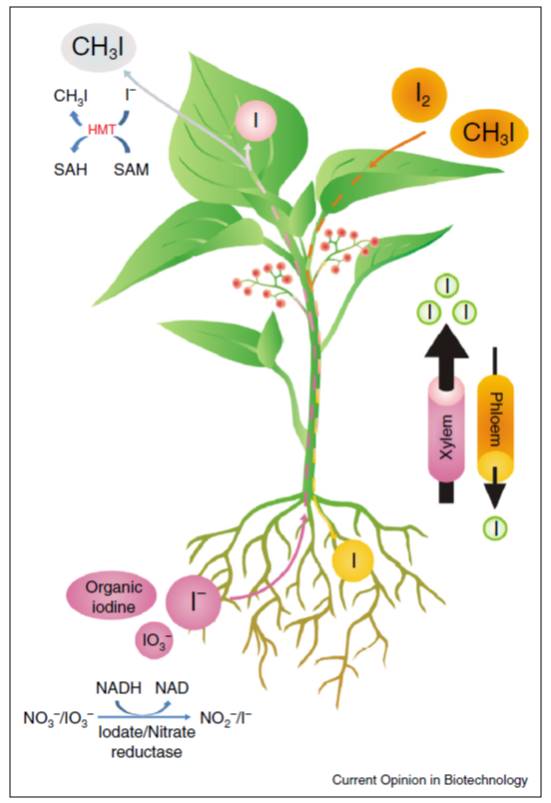
Plant-permeable trehalose 6-phosphate analogues increase yield and resilience ($)
Plant Science Research Weekly, Research0 Comments
/
Trehalose-6-phosphate (T6P) is a sugar signaling molecule that regulates how plants allocate and use sucrose, which in turn affects stress resilience and yields. Griffiths et al. designed a plant-permeable, photo-activated T6P analogue that is converted to T6P in planta. Spraying this compound onto plants…

Opinion Paper: Bandwagons I, too, have known (reflections of a plant breeder) ($)
Plant Science Research Weekly, ResearchIn this entertaining Opinion article written for the 150th anniversary of Mendel’s seminal work, Bernardo reviews “bandwagons” that have come and gone in plant breeding. Early bandwagons such as induced polyploidy are discussed, as well as more recent trends such as trangenics, molecular markers…

Gene editing to produce doubly-determinate, early-yielding tomatoes ($)
Plant Science Research Weekly, ResearchTomatoes have an indeterminate growth pattern that arises from the balance of flower-promoting (florigen) and flower repressing activities. Suppressing this flower-repressing activity leads to greater determinacy and facilitates cultivation. Soyk et al. compared flowering times in short- and long-days…

Best of 2016: Top Topics in The Plant Cell journal
Blog, Research, Research Blog, The Plant CellWe’ve highlighted some of the Plant Cell papers that were widely shared, liked, blogged, retweeted and otherwise garnered high-levels of attention this year. Perhaps you can use some holiday-season quiet time to catch up on those you missed.
Reviews and Perspectives
Creating order from chaos: epigenome…

The Power of Plasticity in Polyploid Persimmon
Research, The Plant Cell, The Plant Cell: In BriefIN BRIEF by Jennifer Lockhart [email protected]
Most plants are hermaphrodites, producing perfect flowers with both male and female functions. In roughly 6% of plants, however, male (usually XY) plants produce only male flowers and female (XX) plants produce only female flowers. These dioecious plants…

Best of 2016: Top Topics in Plant Physiology jounal
Blog, Research, Research Blog
We’ve highlighted some of the Plant Physiology papers that were widely shared, liked, blogged, retweeted and otherwise garnered high-levels of attention this year. Perhaps you can use some of that holiday-season quiet time to catch up on those you missed.
The breakaway attention-getter from Plant…

Biofortification of plants: New Reviews ($)
Plant Science Research Weekly, ResearchBiofortification is the nutritional enhancement (using conventional or genetic engineering approaches) of food with vitamins or micronutrients with the goal of improving the human diet. A set of new reviews in Current Opinion in Biotechnology summarizes progress towards biofortification of plants to…

GARNet2016 CRISPR/Cas workshop presentation
Research, Research Blog
Slides from the recent CRISPR/Cas workshop held at the GARNet2016 meeting are now available to download. Organized by Vladimir Nekrasov and Amanda Hopes (The Sainsbury Laboratory/University of East Anglia, UK), the workshop title was, "Introduction to CRISPR-Cas, troubleshooting target design…

Did a Swedish researcher eat the first CRISPR meal ever served?
Research, Research BlogFrom Science, By Jon Cohen Sep. 7, 2016
http://www.sciencemag.org/news/2016/09/did-swedish-researcher-eat-first-crispr-meal-ever-served
In what Swedish plant scientist Stefan Jansson declares “maybe” a historic event, he cultivated, grew, and ate a plant that had its genome edited with CRISPR-Cas9.…

